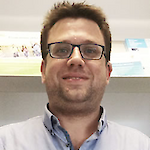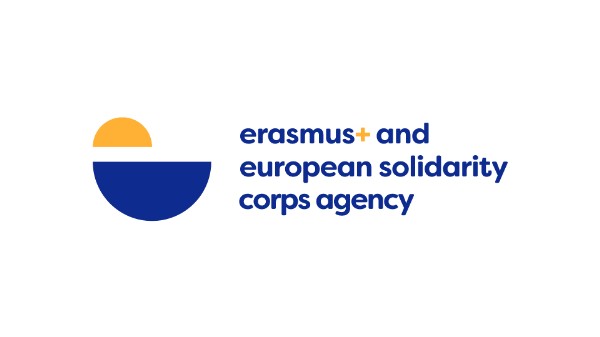Day 2
Programme Tuesday, 27th of September
Gathering in room M-225
Phil Ball, The Federation of Basque Schools
The bad news about the acronym ‘PBL’ is that it can mean project-based learning, problem-based learning or even phenomenon-based learning! It always seems to require clarification. The good news is that those three representations of the acronym are all quite closely related, both in their ideology and their methodology. Their similarities are greater than their differences, and one aspect that links all three is their competence-based nature. They all require the learner to cooperate, perform and propose solutions – three useful verbs both for assessment purposes and perhaps for life in general.
If you then decide to do all this in a foreign language, then research suggests that if the conditions are appropriate, learners do just as well as in the L1 – but with theL2 and the self-esteem add-ons that derive from this decision. We usually call this ‘CLIL’, but we don’t have to. We could just call it plurilingual education.
This workshop will invite the participants to take part in a CLIL-infused competence-based task, and to reflect on the experience in terms of the various positive demands it makes on the linguistic, conceptual and procedural learning.
Joseph Hopkins, The Centre for Modern Languages at the Universitat Oberta de Catalunya
During the first months of the Covid-19 pandemic, language teachers across Europe and throughout much of the world were obliged to take their teaching online. This situation, due to force majeure, resulted in a significant increase in confidence in terms of teachers’ digital literacy overall and at the same time a greater awareness of the affordances of technology in the classroom. However, the sustained use of ICT post-lockdown is up against a host of challenges. For example, teachers are faced with a huge array of free digital resources at their disposal. It can be an extremely daunting task to research what is available to determine whether and how it could be used to fulfill specific learning objectives. To further complicate matters, new resources are appearing all the time, and already existing ones, originally launched as free applications, begin charging. At the same time, others disappear altogether. Keeping abreast of the ever-changing situation requires time, precisely what most teachers are sorely lacking.
This workshop will focus on the work of ICT-REV, a project financed by the European Centre for Modern Languages (ECML). We will begin by reflecting on the participants’ teaching context with regard to the integration of technology in their teaching. We will then have the opportunity to become acquainted with the ICT-REV Inventory of Freely Available Tools and to discuss the utility of specific applications. The workshop will be eminently hands on and will incorporate the use of specific tools that teachers might use afterwards with their students.
Lukas Bleichenbacher, The St. Gallen University of Teacher Education
In this workshop, participants will learn about how plurilingual and intercultural approaches can contribute to language teaching at different levels and for different kinds of learners. In a first stage, participants are introduced to the Framework of reference for pluralistic approaches to languages and culture (FREPA), an instrument created by the Council of Europe’s European Centre for Modern Languages. The FREPA project is a long-standing initiative that has produced a comprehensive model of descriptors outlining competences and resources of learners to engage with plurilingualism and interculturality. The framework is accompanied by a database of activities, and a new instrument describing teacher competences to engage with such approaches is currently being prepared. In a second step, participants are invited to study a number of activities that illustrate different kinds of pluralistic approaches, such as intercomprehension or the integrated didactic approach to learning languages. To conclude, we will discuss affordances and constraints related to working with these approaches in different learning spaces, including schools and settings such as mobility experiences.
Each participant can choose up to two workshops.

Joseph Hopkins is a language teacher/teacher trainer and is the Director of the Centre for Modern Languages at the Universitat Oberta de Catalunya. He is a coordinator of the project ICT-REV. His interests are web-based language teaching and learning, language teaching management, ICT training for language teachers, and computer-mediated communication.

Lukas Bleichenbacher is a teacher educator for English and foreign language methodology at the St. Gallen University of Teacher Education (PHSG) in Switzerland. As a researcher with the Institute for Language Education at PHSG, he has contributed to various projects related to teacher competences, foreign language learning, language policy, plurilingualism and intercultural education. He has been involved a number of projects at the European Centre for Modern Languages of the Council of Europe, including PluriMobil and, as a coordinator, A Guide to teacher competences for languages in education and Building blocks for language-sensitive teacher education
